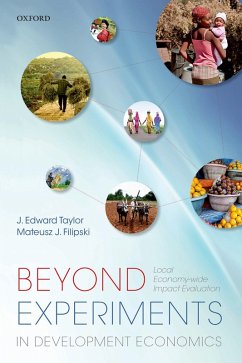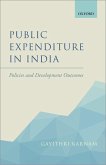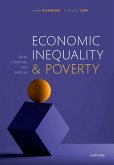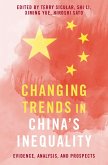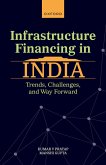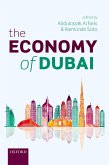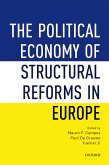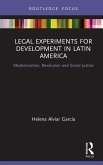This book provides researchers, students, and practitioners with a methodology to evaluate the impacts of a wide diversity of development projects and policies on local economies. Projects and policies often create spillovers within project areas. LEWIE uses simulation methods to quantify these spillovers. It has become a complement to randomized control trials (RCTs), as governments and donors become interested in documenting impacts beyond the treated, comparing the likely impacts of alternative interventions, and designing complementary interventions to influence program and policy impacts. It is also a tool for impact evaluation where RCTs are not feasible. Chapters 1-4 motivate and present the basics of impact simulation, including how to design a LEWIE model, how to estimate the model, and how to obtain the necessary data. The remaining chapters provide a diversity of interesting real-world applications and extensions of the basic models. The applications include evaluations of the impacts of cash transfers for the poor, ecotourism, global food-price shocks, irrigation projects, migration, and corruption. Each chapter provide readers with the tools they need to conduct their own local economy-wide impact evaluations. All models and data used in this book are available on-line.
Dieser Download kann aus rechtlichen Gründen nur mit Rechnungsadresse in A, B, BG, CY, CZ, D, DK, EW, E, FIN, F, GR, HR, H, IRL, I, LT, L, LR, M, NL, PL, P, R, S, SLO, SK ausgeliefert werden.

